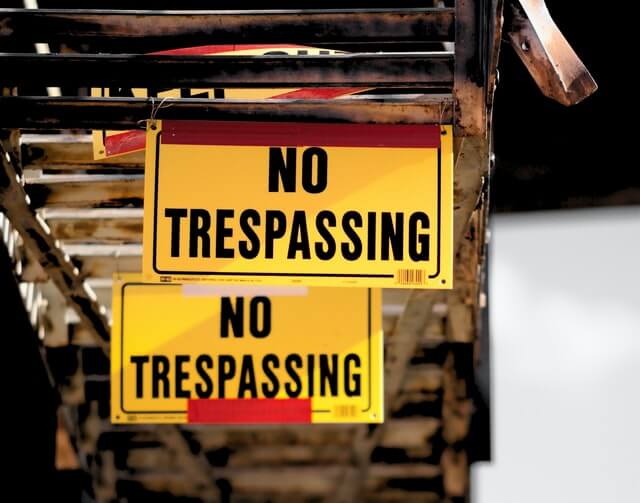Owning a property means you have the right to do whatever you want with it. You can occupy it, or you can have someone rent it. It is a pretty straightforward concept. You bought it, and only you can decide who stays in it. However, some landlords experience other people taking residence in their properties without their permission.
A person who has no authorization to live in a property but continues to do so is a squatter. These people dwell in a property without the landlord’s approval, and they do not pay rent. You might think it’s easy to have them vacate the property, but no. It is not easy because we have to remember that they have rights. So before you convince the landlord to kick them out, you have to know their rights first.

Adverse Possession Laws
The law may vary from state to state, but if an eviction procedure is absent, the right to acquire property rights may apply through adverse possession laws. Adverse possession is a policy in which a person who resides in a property owned by someone else can obtain a valid title. If the person meets the law requirements, it is possible.
Adverse possession laws state that if a period passes without the landlord evicting the unauthorized person, whoever pays the taxes and utility bills will have the right to ownership. Some regulations state that landlords should treat these people as renters who failed to pay rent, and they should receive an eviction notice.
How Squatters Came To Be
Mind you, some of these individuals are not aware of the situation. Someone might have scammed into thinking they are legally renting the property. Some people will take advantage of vacant properties and create a fake rental with fake documents. It is difficult for the landlords to evict the renters because they paid their deposit and rent. Nevertheless, the property owner must take the correct actions to solve this.
Evicting A Squatter
• Differentiating squatter versus trespasser
The first thing the landlord should do is to identify the person on the property and whether he is a squatter or a trespasser. If there are signs of forced entry, and if the person stayed for a short period, the owner may be dealing with a trespasser. He can deal with it by calling the police. If there are personal items found on the property, and there are movements inside often, it is an unauthorized tenant.

• Eviction process
Once the landlord identifies the person as a squatter, the landlord can start finding ways to make them leave. He should do this as soon as possible too. He can try telling them to vacate the property, and if it does not work, he can offer them incentives. If it is still ineffective, he must proceed to the eviction process immediately.
• Ask for assistance
The landlord should expect that some of them might violently refuse to leave the property. Asking for help from the authorities can aid in documenting the presence of unauthorized persons on the property. It can serve as proof that the landlord found them and is asking them to leave the premises.
Prevent Squatters
The best way is always prevention. The landlord should always visit the property. It will keep the squatters away, knowing the landlord may drop by anytime. If he is unable to do so for some reason, he can hire someone to do it for him.
The landlord should also remind tenants about subleasing and letting visitors overstaying on the property. If he can, the landlord should consider installing security cameras to check for movements inside the rental. These actions can go a long way in avoiding illegal tenants.

There is another thing to keep the squatters away. It is to find legit tenants to rent the property. If the property isn’t vacant, no one else can claim it. Why don’t you step in and help the landlord right now? You can sign up for Padleads and look for potential renters there. You can post property listings and have them syndicated to other websites all over the internet. The landlords won’t have to worry about squatters any time soon.